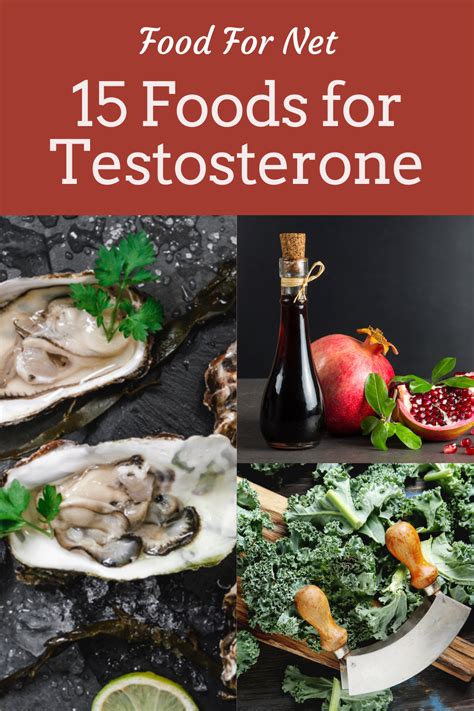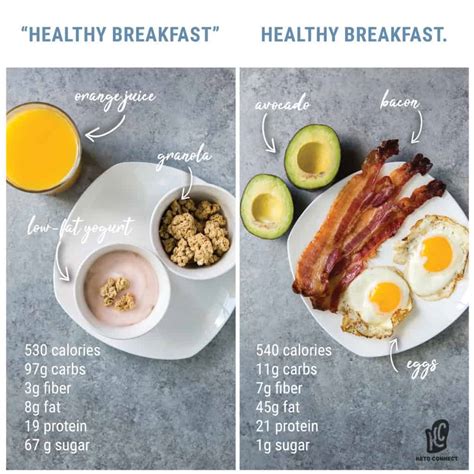How can men naturally boost testosterone for peak energy & drive?

Understanding Testosterone’s Vital Role
Testosterone is the primary male sex hormone, crucial not only for libido and reproductive health but also for maintaining muscle mass, bone density, mood, and energy levels. As men age, testosterone naturally declines, but various lifestyle factors can accelerate this drop or keep levels suboptimal. Fortunately, many natural strategies can help men optimize their testosterone production, leading to improved energy, sharper focus, and a renewed sense of drive.
The Power of Nutrition: Fueling Your Hormones
What you eat profoundly impacts your hormonal health. A diet rich in whole foods, healthy fats, and essential micronutrients is fundamental for testosterone production. Focus on nutrient-dense foods while minimizing processed items, excessive sugar, and unhealthy trans fats, which can disrupt hormone balance.
Crucial nutrients include Zinc, found in red meat, shellfish, and legumes, which is vital for testosterone synthesis. Vitamin D, often called the ‘sunshine vitamin,’ is also strongly linked to testosterone levels. Ensure adequate intake through sun exposure or supplementation. Healthy fats, like those found in avocados, nuts, seeds, and olive oil, are building blocks for steroid hormones, including testosterone. Don’t shy away from saturated fats from quality sources in moderation, as they too play a role.

Embrace Strength and HIIT: Exercise for Hormonal Health
Regular physical activity is a powerful testosterone booster. However, not all exercise is created equal when it comes to hormonal benefits. High-intensity interval training (HIIT) and strength training have shown particular efficacy.
Strength training, focusing on compound movements like squats, deadlifts, bench presses, and rows, stimulates significant testosterone release. Aim for heavier weights and fewer reps to maximize this anabolic response. Similarly, HIIT – short bursts of intense exercise followed by brief recovery periods – can also dramatically increase testosterone levels while simultaneously reducing fat mass, which is beneficial for hormone balance.

Prioritize Rest: The Crucial Role of Sleep
Sleep deprivation is a silent assassin of testosterone. Studies show that even a week of restricted sleep can significantly lower testosterone levels in young, healthy men. The majority of your body’s testosterone is produced during sleep, particularly during deep REM cycles.
Aim for 7-9 hours of quality, uninterrupted sleep per night. Create a consistent sleep schedule, optimize your bedroom environment (dark, cool, quiet), and limit screen time before bed to improve sleep hygiene. Prioritizing sleep isn’t just about feeling rested; it’s a cornerstone of hormonal health.

Master Stress: Taming Cortisol for Testosterone Production
Chronic stress leads to elevated levels of cortisol, the body’s primary stress hormone. Unfortunately, cortisol and testosterone have an inverse relationship: when cortisol is high, testosterone tends to be low. This is because both hormones are derived from a common precursor, and during stress, the body prioritizes cortisol production.
Implementing stress-reduction techniques into your daily routine is vital. This could include meditation, deep breathing exercises, yoga, spending time in nature, or engaging in hobbies you enjoy. Finding effective ways to manage stress not only improves your mental well-being but also creates a more favorable hormonal environment for testosterone production.

Optimize Lifestyle: Beyond Diet and Exercise
Beyond the core pillars of diet, exercise, and sleep, several other lifestyle factors can influence testosterone levels. Moderating alcohol intake is important, as excessive alcohol consumption can negatively impact hormone production. Limiting exposure to xenoestrogens found in plastics and certain personal care products can also be beneficial, as these can mimic estrogen in the body and disrupt hormonal balance.
Additionally, ensuring adequate sunlight exposure (for Vitamin D synthesis) and maintaining a healthy body weight (as excess body fat, especially around the abdomen, can convert testosterone into estrogen) are crucial for sustained peak energy and drive.

Conclusion: A Holistic Path to Peak Performance
Boosting testosterone naturally isn’t about quick fixes or magic pills; it’s about adopting a comprehensive, consistent approach to your health. By optimizing your nutrition, embracing targeted exercise, prioritizing sleep, managing stress effectively, and making conscious lifestyle choices, you can create an optimal environment for your body to produce testosterone. This holistic strategy will not only help restore your energy and drive but also significantly improve your overall health and well-being, paving the way for a more vibrant and fulfilling life.









